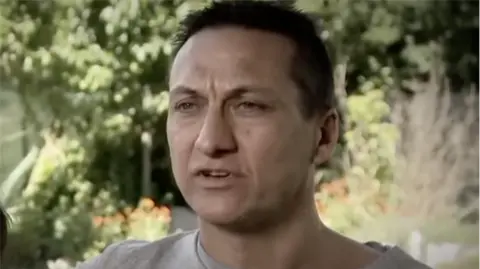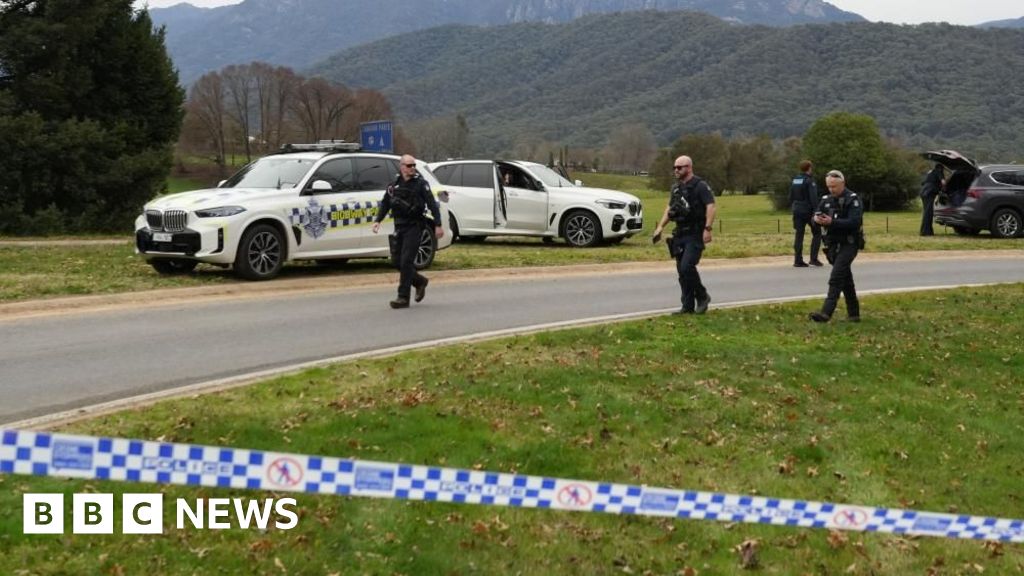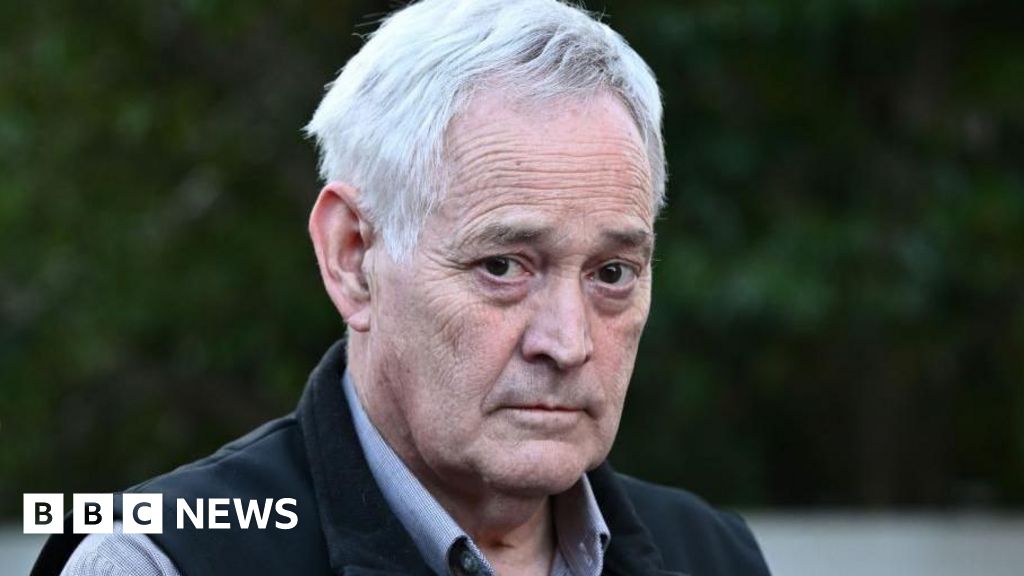In a gripping court case unfolding in Victoria, Australia, Erin Patterson, accused of murdering three relatives through the use of toxic mushrooms, has passionately defended her affinity for wild fungi as a love rooted in genuine culinary exploration rather than malicious intent. During her trial, Patterson pleaded not guilty, asserting that the death cap mushrooms fatal to her in-laws and their companion resulted from an unfortunate accident rather than a deliberate act.
Patterson, speaking from the witness stand, disclosed her deep-seated passion for mushrooms, a hobby she adopted during the Covid pandemic. However, it was the recent exploration of wild varieties, she asserted, that brought "more flavour" to her cooking. The court’s attention was captured when Patterson recalled her initial experiences foraging mushrooms, a practice she engaged in alongside her children, expressing her delight in these nature finds.
The incident in question dates back to a lunch in July 2023, which left her in-laws—Don and Gail Patterson—and their guest, Heather Wilkinson, critically ill and led to their deaths days later. Ian Wilkinson, Heather’s husband, also fell severely ill but managed to survive after extended medical treatment. Prosecutors argue that Patterson intentionally added the poisonous mushrooms to the meal, while her defense team contends this was a tragic mishap.
Patterson admitted to the court that while she acknowledged using death cap mushrooms, the majority of the mushrooms in her dish were purchased from a local supermarket. She vaguely recalled buying varieties such as shiitake and enoki from various Asian grocery stores, often combining them with her wild foraging finds. Despite this mix, she emphasized the love and care she had for her in-laws, indicating that the relationships had remained strong despite earlier family strains tied to personal financial disputes with her estranged husband.
The trial has also shed light on Patterson's social interactions and emotional well-being. Evidence presented includes private Facebook messages showcasing her frustrations with family dynamics. Emotional testimony portrayed her sense of care for her in-laws, reiterating how she wished she had refrained from airing her grievances online. Complicated by her experiences with health professionals dismissing concerns regarding her children, Patterson's alleged distrust of the medical system played an intriguing role in her decision to dismiss medical advice following the mass poisoning.
As her testimony continues, the case not only raises questions about culpability and intent in a tragic loss of life but also illustrates complex family dynamics, mental health concerns, and the broader implications of foraging in a legal context. The courtroom awaits Patterson’s further revelations when the trial resumes on Wednesday morning, local time.
Patterson, speaking from the witness stand, disclosed her deep-seated passion for mushrooms, a hobby she adopted during the Covid pandemic. However, it was the recent exploration of wild varieties, she asserted, that brought "more flavour" to her cooking. The court’s attention was captured when Patterson recalled her initial experiences foraging mushrooms, a practice she engaged in alongside her children, expressing her delight in these nature finds.
The incident in question dates back to a lunch in July 2023, which left her in-laws—Don and Gail Patterson—and their guest, Heather Wilkinson, critically ill and led to their deaths days later. Ian Wilkinson, Heather’s husband, also fell severely ill but managed to survive after extended medical treatment. Prosecutors argue that Patterson intentionally added the poisonous mushrooms to the meal, while her defense team contends this was a tragic mishap.
Patterson admitted to the court that while she acknowledged using death cap mushrooms, the majority of the mushrooms in her dish were purchased from a local supermarket. She vaguely recalled buying varieties such as shiitake and enoki from various Asian grocery stores, often combining them with her wild foraging finds. Despite this mix, she emphasized the love and care she had for her in-laws, indicating that the relationships had remained strong despite earlier family strains tied to personal financial disputes with her estranged husband.
The trial has also shed light on Patterson's social interactions and emotional well-being. Evidence presented includes private Facebook messages showcasing her frustrations with family dynamics. Emotional testimony portrayed her sense of care for her in-laws, reiterating how she wished she had refrained from airing her grievances online. Complicated by her experiences with health professionals dismissing concerns regarding her children, Patterson's alleged distrust of the medical system played an intriguing role in her decision to dismiss medical advice following the mass poisoning.
As her testimony continues, the case not only raises questions about culpability and intent in a tragic loss of life but also illustrates complex family dynamics, mental health concerns, and the broader implications of foraging in a legal context. The courtroom awaits Patterson’s further revelations when the trial resumes on Wednesday morning, local time.





















